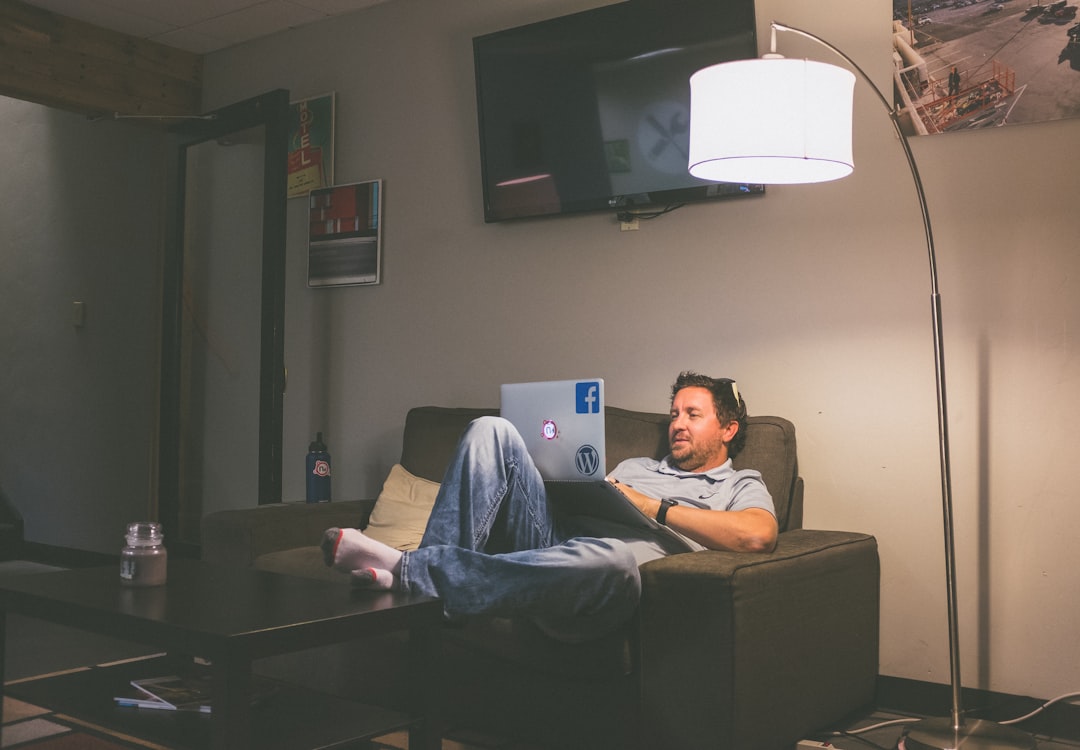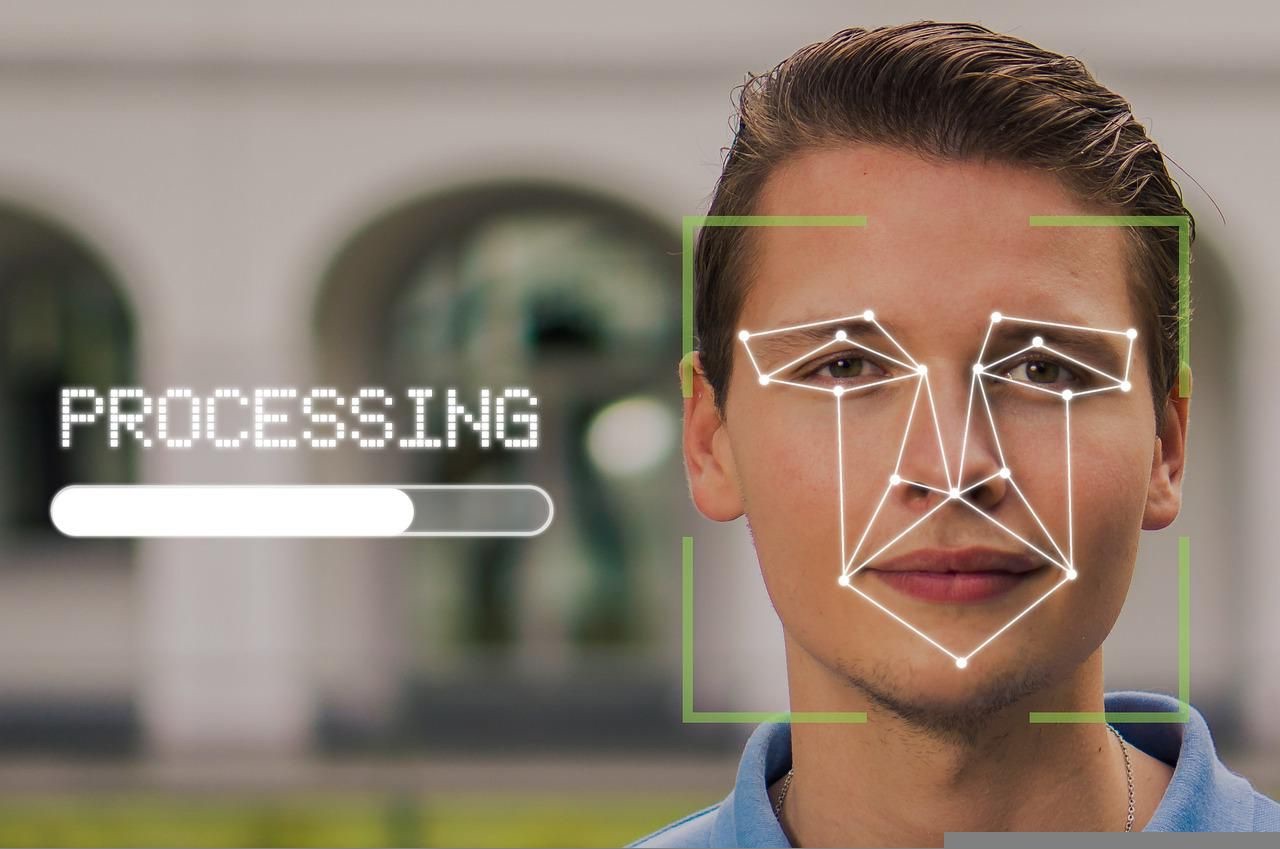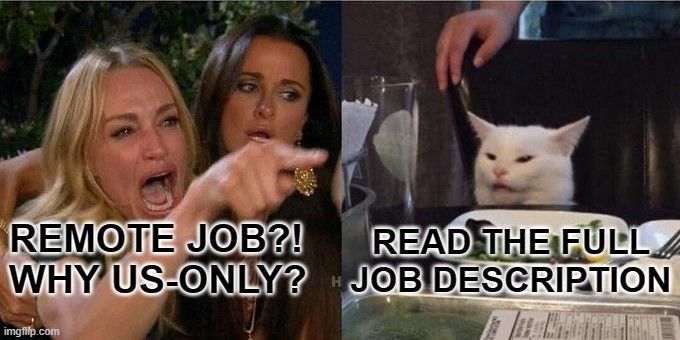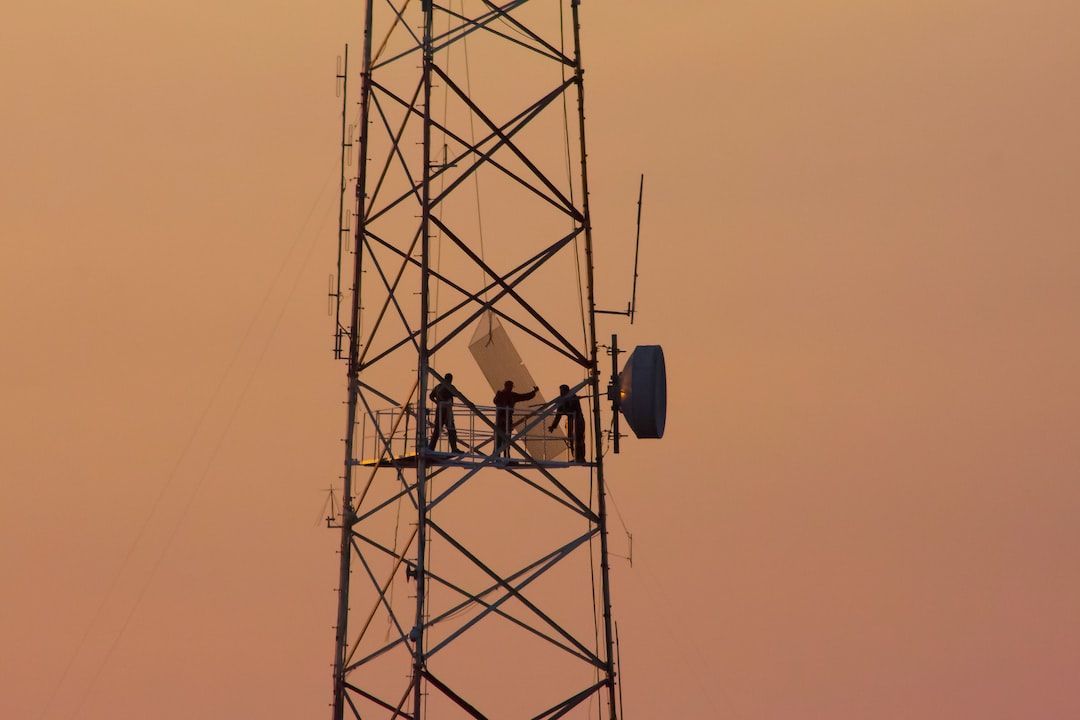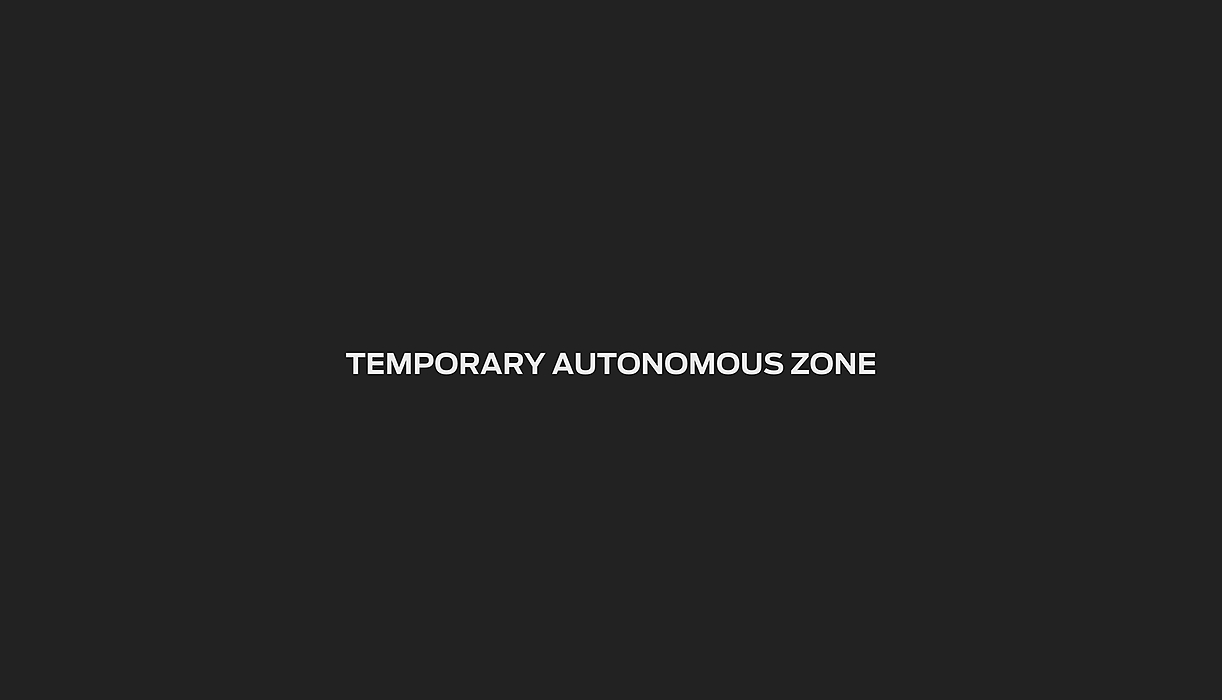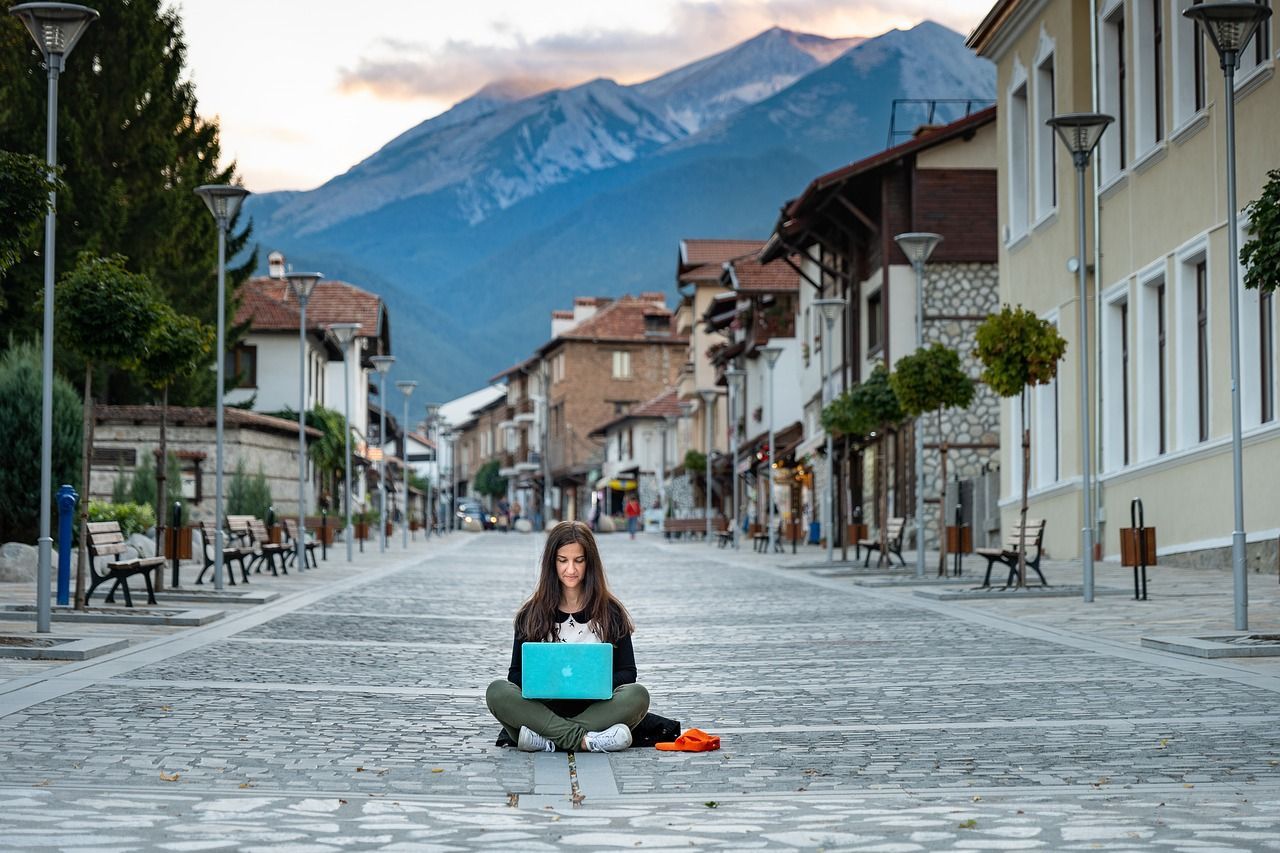
 https://www.pexels.com/
https://www.pexels.com/
 Real estate tokenization system allows users to rent objects from a decentralized autonomous organization or DAO instead of buying it.
Real estate tokenization system allows users to rent objects from a decentralized autonomous organization or DAO instead of buying it.
 Automation and artificial intelligence (AI) are changing the nature of jobs and many believe that robots will completely put humans out of work in the coming years.
Automation and artificial intelligence (AI) are changing the nature of jobs and many believe that robots will completely put humans out of work in the coming years.
 Remote work and the associated social distancing is one of the ways to halt the outbreak of coronavirus - an enormous challenge facing the entire world in 2020. While more and more companies urge their employees to shift to working from home, and people eagerly accept the change to avoid public spaces, there are a wealth of concerns regarding what it will all be like:
Remote work and the associated social distancing is one of the ways to halt the outbreak of coronavirus - an enormous challenge facing the entire world in 2020. While more and more companies urge their employees to shift to working from home, and people eagerly accept the change to avoid public spaces, there are a wealth of concerns regarding what it will all be like:
 These days most companies have asked their employees to stay at home and change their office work for a remote one. In such conditions, the issues of organizing video calls have become especially relevant. It seems that online conferences for dozens and even hundreds of people are a step towards a digital future without borders when people can work from anywhere in the world and get together for negotiations literally by click. But in reality, video calls are often not as good as you might imagine. Someone cannot install the necessary program, someone is nervous because of the relatives in the background, and someone appears at an important conference call in his pajamas and using the nickname “DimonKiller666”. We have put together some simple rules for making video calls that will help make them comfortable for yourself and your colleagues.
These days most companies have asked their employees to stay at home and change their office work for a remote one. In such conditions, the issues of organizing video calls have become especially relevant. It seems that online conferences for dozens and even hundreds of people are a step towards a digital future without borders when people can work from anywhere in the world and get together for negotiations literally by click. But in reality, video calls are often not as good as you might imagine. Someone cannot install the necessary program, someone is nervous because of the relatives in the background, and someone appears at an important conference call in his pajamas and using the nickname “DimonKiller666”. We have put together some simple rules for making video calls that will help make them comfortable for yourself and your colleagues.
 are you a freelancer or a remote employee or contractor working on a remote basis? if you’re any of this then this guide is for you.
are you a freelancer or a remote employee or contractor working on a remote basis? if you’re any of this then this guide is for you.
 Let's look at some emerging new options that can help you create passive income for retirement.
Let's look at some emerging new options that can help you create passive income for retirement.
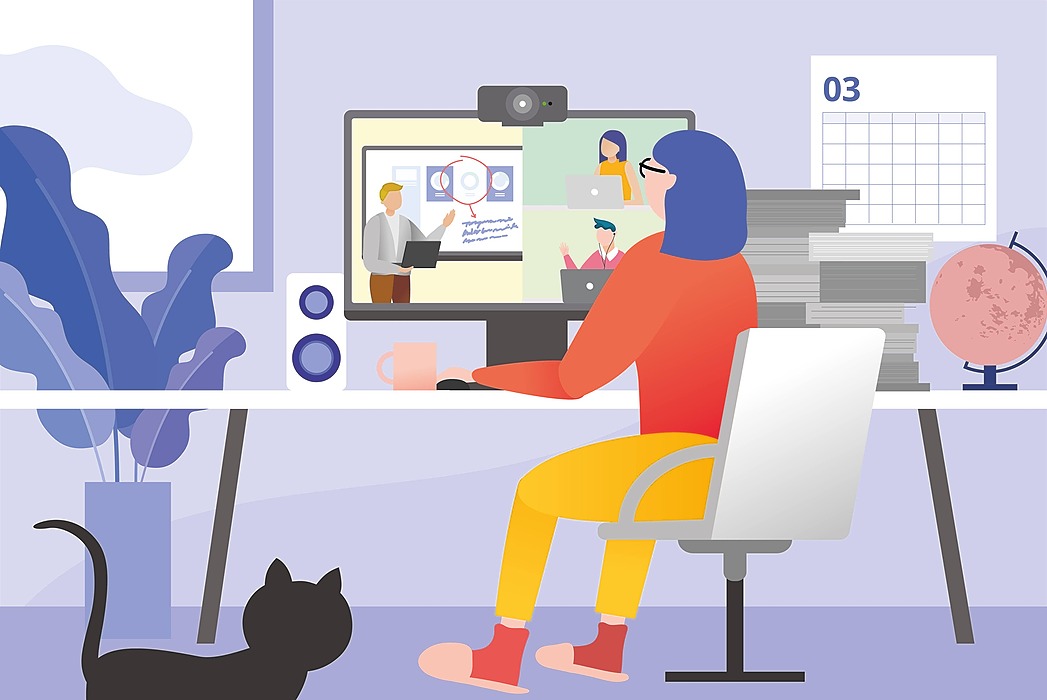 The worldwide lockdown following the coronavirus pandemic was truly a time for remote work to shine if there ever was one. With most of the globe’s workforce being stranded in their homes and away from the office, the only solution for most was to move their labor to the remote setting.
The worldwide lockdown following the coronavirus pandemic was truly a time for remote work to shine if there ever was one. With most of the globe’s workforce being stranded in their homes and away from the office, the only solution for most was to move their labor to the remote setting.
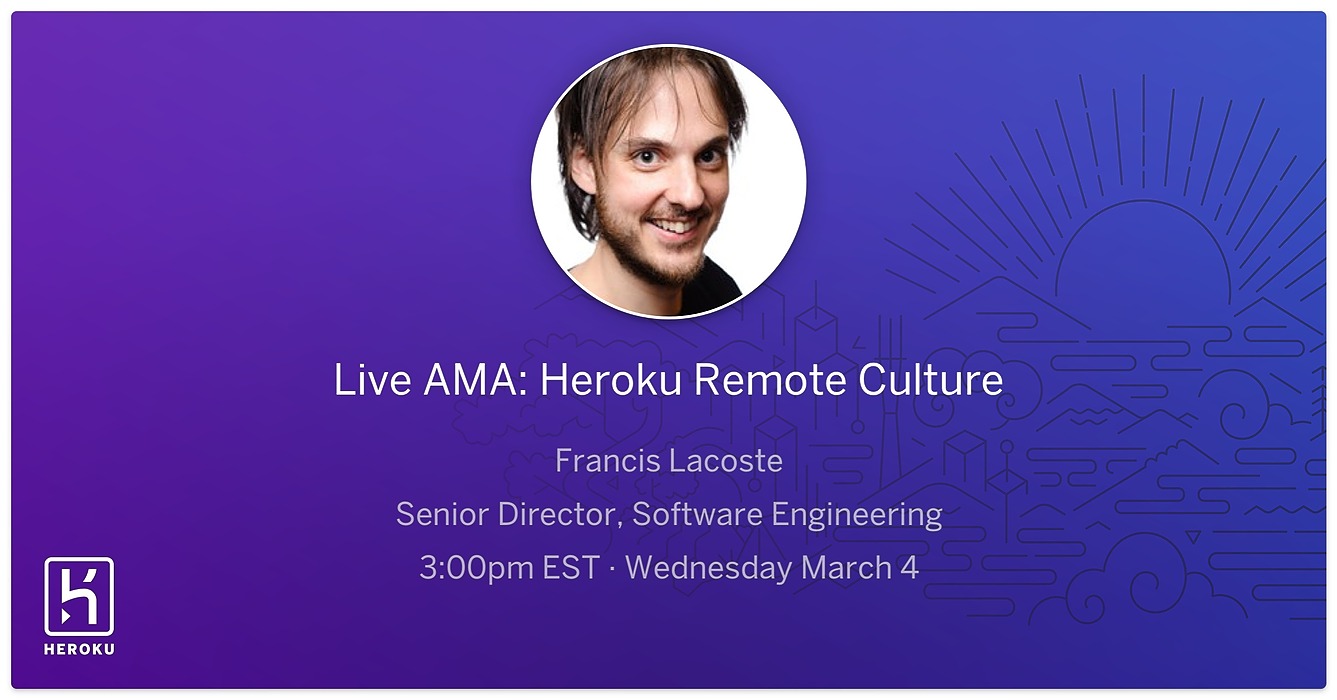 Francis Lacoste is a Senior Director, Software Engineering at Salesforce Heroku. During Live Ask Me Anything session with Hacker Noon community he shared his experience working remote for over 20 years and main lessons he learned from it.
Francis Lacoste is a Senior Director, Software Engineering at Salesforce Heroku. During Live Ask Me Anything session with Hacker Noon community he shared his experience working remote for over 20 years and main lessons he learned from it.
In Francis’s own words:
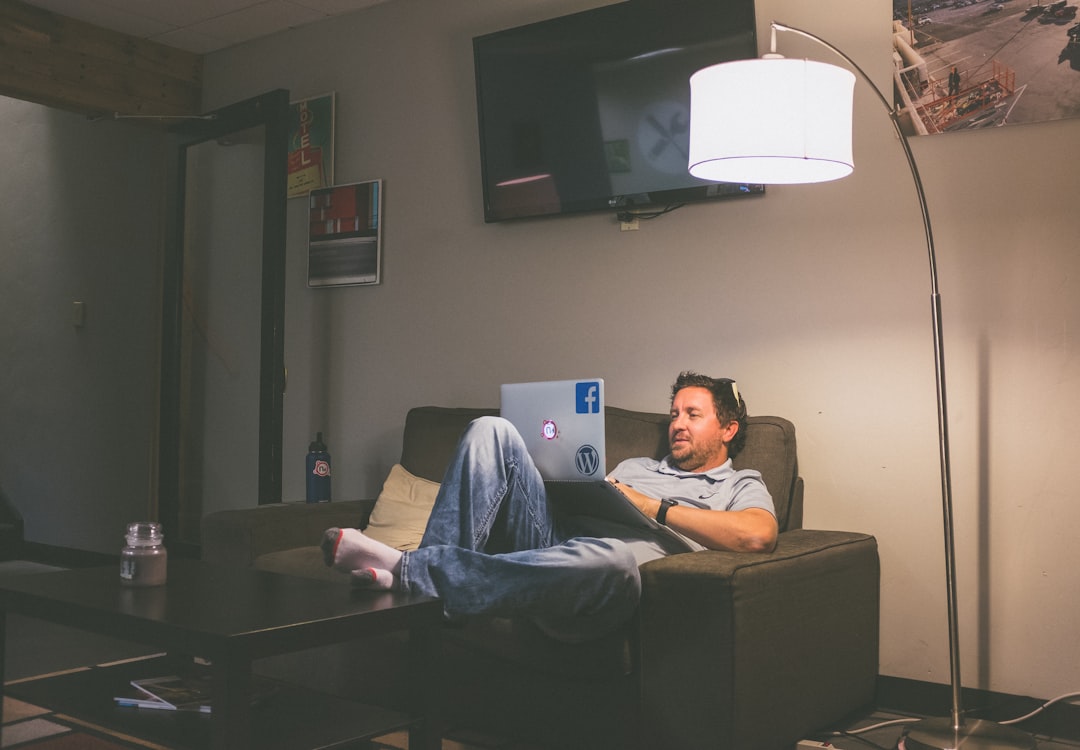 Due to the COVID-19 outbreak, millions of people have suddenly had to relocate their office to their own homes. In normal times, around 8 million Americans work from home, but in just a few days, that number has multiplied, and then multiplied again.
Due to the COVID-19 outbreak, millions of people have suddenly had to relocate their office to their own homes. In normal times, around 8 million Americans work from home, but in just a few days, that number has multiplied, and then multiplied again.
 How to become a digital nomad with no experience. Here is how I stopped working 9 to 5 and became a digital nomad.
How to become a digital nomad with no experience. Here is how I stopped working 9 to 5 and became a digital nomad.
 Remote working isn’t becoming popular. It already is. The number of people who work remotely in the US has increased by 140% since 2005, with 34% of US workers saying they would take a pay cut of up to 5% in order to work from home.
Remote working isn’t becoming popular. It already is. The number of people who work remotely in the US has increased by 140% since 2005, with 34% of US workers saying they would take a pay cut of up to 5% in order to work from home.
 Things have changed very rapidly for a lot of people. Just a few months ago nobody would’ve imagined they would have to stay at home for a prolonged period of time, and even though warned, preparation for a global scale epidemic was pretty poor. Right now, when the spread of Covid-19 is at its peak, a lot of people have to get used to self-isolation, which means they can’t go to work to offices anymore but have to work remotely.
Things have changed very rapidly for a lot of people. Just a few months ago nobody would’ve imagined they would have to stay at home for a prolonged period of time, and even though warned, preparation for a global scale epidemic was pretty poor. Right now, when the spread of Covid-19 is at its peak, a lot of people have to get used to self-isolation, which means they can’t go to work to offices anymore but have to work remotely.
 There is no doubt that the world's workforce is becoming more remote, particularly in tech as developers can now work from any location in the world. But there are a large number of new obstacles that come with this. The most pressing is security.
There is no doubt that the world's workforce is becoming more remote, particularly in tech as developers can now work from any location in the world. But there are a large number of new obstacles that come with this. The most pressing is security.
 The rise of flexible job roles, digital tech careers and more freelance opportunities around the world has led more people into working from the comfort of their home, especially during this Covid19 pandemic. However, in order to get the best and ensure quality service deliveries, remote workers need the right tools to assist their craft.
The rise of flexible job roles, digital tech careers and more freelance opportunities around the world has led more people into working from the comfort of their home, especially during this Covid19 pandemic. However, in order to get the best and ensure quality service deliveries, remote workers need the right tools to assist their craft.
 “The best executive is the one who has sense enough to pick good men to do what he wants done, and self-restraint to keep from meddling with them while they do it.” – Theodore Roosevelt
“The best executive is the one who has sense enough to pick good men to do what he wants done, and self-restraint to keep from meddling with them while they do it.” – Theodore Roosevelt
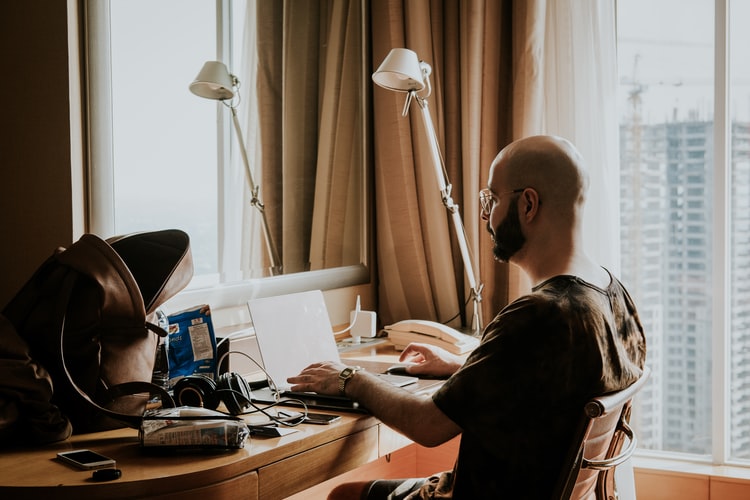 Vita Baryshnikova is a Head of HR at Skyeng where 90% of employees and contractors work remotely. Vita shares her experience of creating effective processes for remote teams. These simple tips can help you prevent burnout and add transparency to your work.
Vita Baryshnikova is a Head of HR at Skyeng where 90% of employees and contractors work remotely. Vita shares her experience of creating effective processes for remote teams. These simple tips can help you prevent burnout and add transparency to your work.
 Chances are if you're doing freelancing sooner or later you'll come across a need to write some kind of proposal to your potential customer.
Chances are if you're doing freelancing sooner or later you'll come across a need to write some kind of proposal to your potential customer.
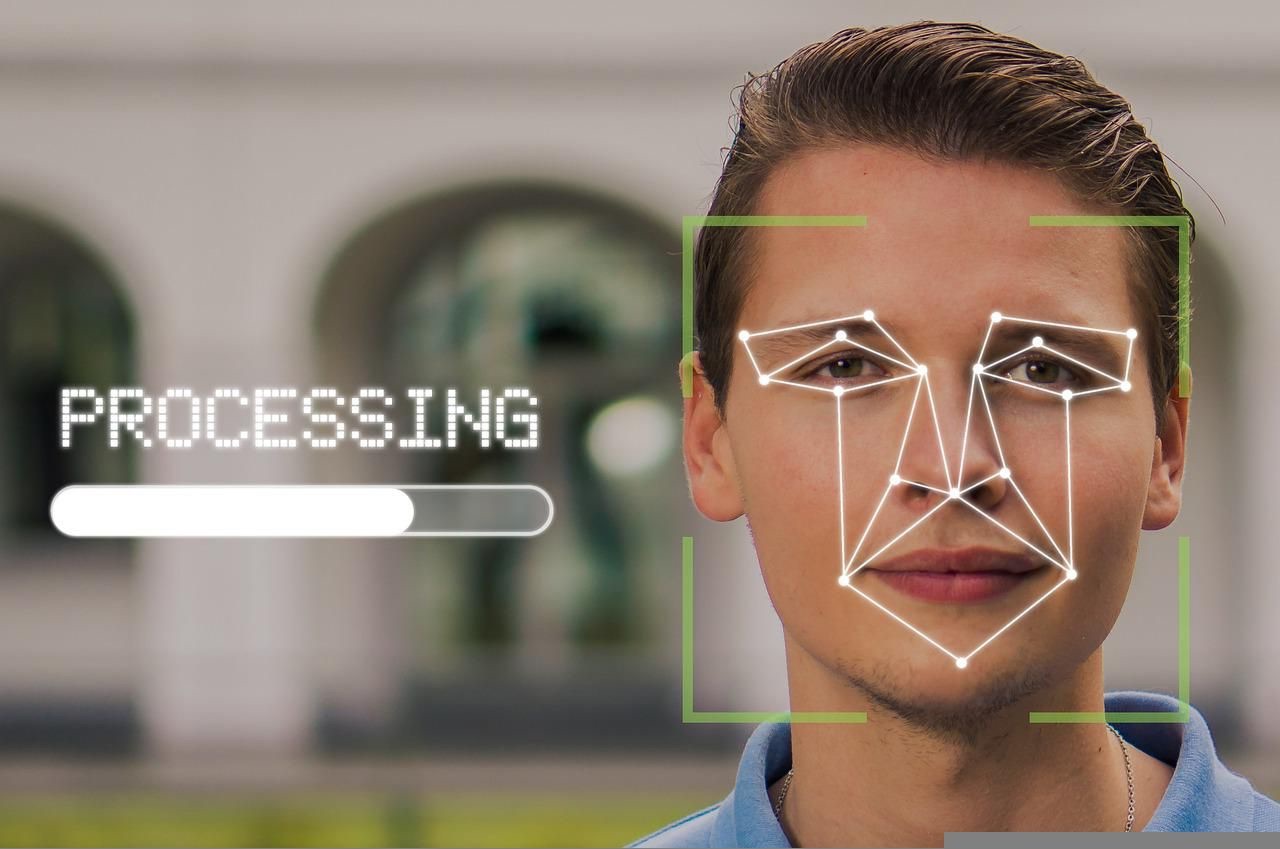 2FA is the initial, mandatory stage of ongoing privacy intrusions that are unwarranted and Orwellian. Alternatives now exist.
2FA is the initial, mandatory stage of ongoing privacy intrusions that are unwarranted and Orwellian. Alternatives now exist.
 2021 Noonies Nominee General Interview with Rad Sidwell-Lewis. Read for more on Investments, Finance, Tech, Entrepreneurship, Travel and Startups.
2021 Noonies Nominee General Interview with Rad Sidwell-Lewis. Read for more on Investments, Finance, Tech, Entrepreneurship, Travel and Startups.
 Financial reports are lengthy, confusing, and boring. I promise that I will keep it simple, brief, and straight to the point. I will let Upwork’s numbers do all the talking.
Financial reports are lengthy, confusing, and boring. I promise that I will keep it simple, brief, and straight to the point. I will let Upwork’s numbers do all the talking.
 A month ago saying that running a company through the crisis caused by this pandemic has been hard would be an understatement. I’m sure this has been unchartered territory for most of us. I mean, most workplaces don’t even have work from home policies that they had to design from scratch.
A month ago saying that running a company through the crisis caused by this pandemic has been hard would be an understatement. I’m sure this has been unchartered territory for most of us. I mean, most workplaces don’t even have work from home policies that they had to design from scratch.
 This article is the second in a three part series. If you want to read the first one you can do here.
This article is the second in a three part series. If you want to read the first one you can do here.
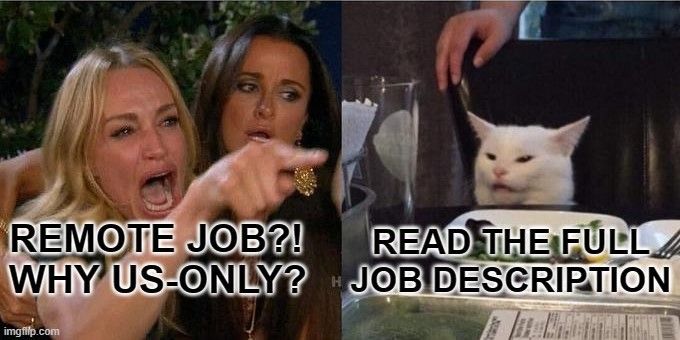 Remote work is global or it’s not remote work at all!
Remote work is global or it’s not remote work at all!
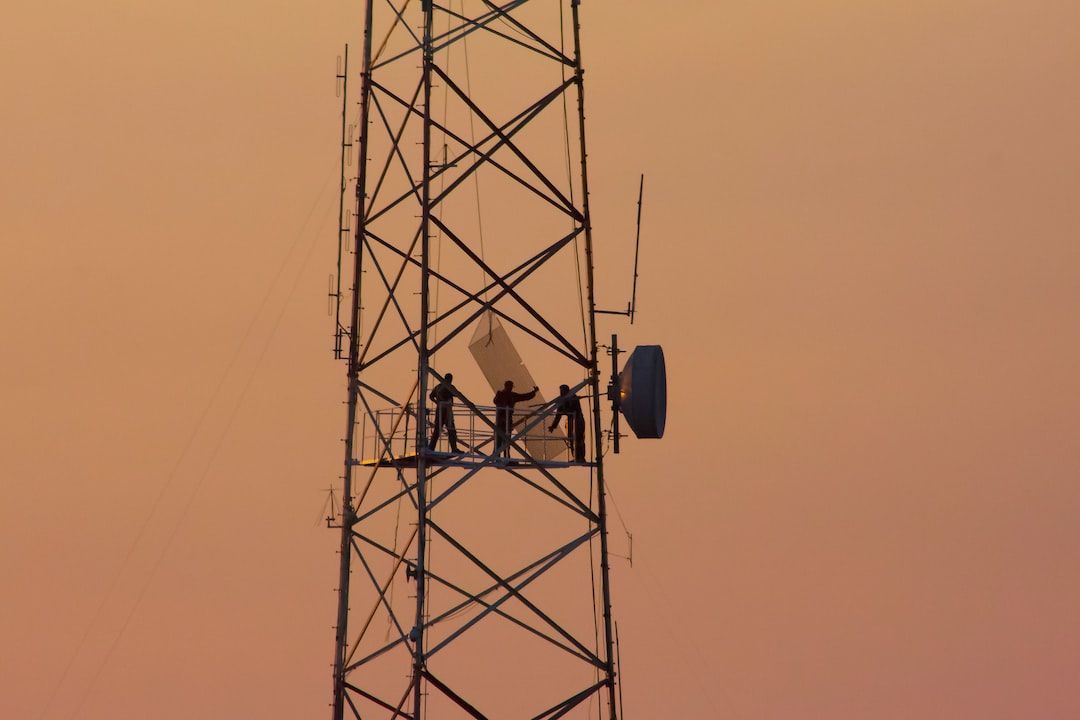 Let’s explore why digital nomads are drawn to Colombia, what the digital nomad visa offers and which locations offer the most reliable internet connections.
Let’s explore why digital nomads are drawn to Colombia, what the digital nomad visa offers and which locations offer the most reliable internet connections.
 As a person that used to track finances and company expenses in their previous life, I know that toilet paper is a huge expense. Everybody does it. Everybody needs it.
As a person that used to track finances and company expenses in their previous life, I know that toilet paper is a huge expense. Everybody does it. Everybody needs it.
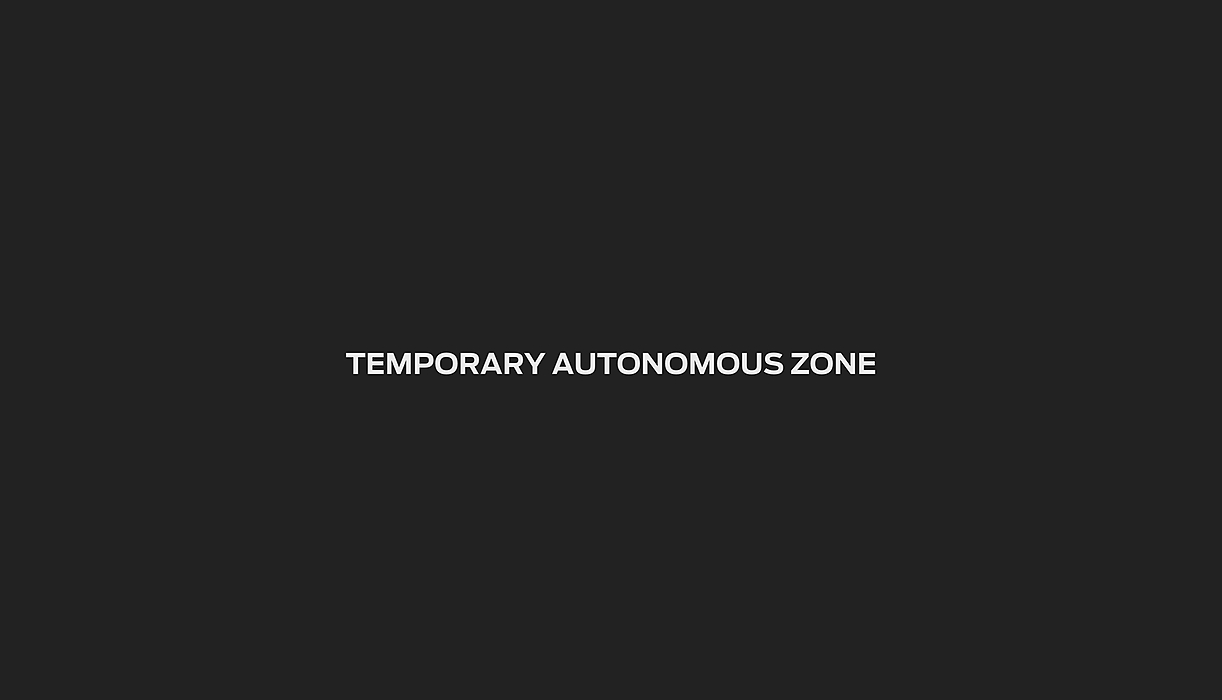 ...the digital nomad
experience is a pathway to both temporary freedom (escapism) and to sustained
liberation (evolution)...the nomad is a
foundation, a moving point mechanism... -Mariette Papic, Digital Nomad Manifesto
...the digital nomad
experience is a pathway to both temporary freedom (escapism) and to sustained
liberation (evolution)...the nomad is a
foundation, a moving point mechanism... -Mariette Papic, Digital Nomad Manifesto
 We Evolved for Free-Range Living
We Evolved for Free-Range Living
 I am the co-founder of Flexiple and Remote Tools. In this post, I describe why we are building an exclusive remote-focused community - The Remote Clan.
I am the co-founder of Flexiple and Remote Tools. In this post, I describe why we are building an exclusive remote-focused community - The Remote Clan.
 It has been four months since Coronavirus originated in China's
Wuhan and the outbreak continues to be on the headlines. On one hand, many employers are getting ready for the possible disruptions that Coronavirus would bring to their business in the long run, such as transportation issues, labor shortages, reduced working hours and low consumer traffic.
It has been four months since Coronavirus originated in China's
Wuhan and the outbreak continues to be on the headlines. On one hand, many employers are getting ready for the possible disruptions that Coronavirus would bring to their business in the long run, such as transportation issues, labor shortages, reduced working hours and low consumer traffic.
 It’s been more than two decades since the term ‘digital nomad’ came to be. In the time since, people have shown they have a lot of imagination when it comes to their remote work-enabled lifestyles. Some stay in one place and lead an otherwise normal life while others use the flexibility of remote work to travel continuously, or at least regularly. As a result, the world of remote work has become a diverse ecosystem where people have varying degrees of commitment and availability, as well as a broad array of purposes for working remotely.
It’s been more than two decades since the term ‘digital nomad’ came to be. In the time since, people have shown they have a lot of imagination when it comes to their remote work-enabled lifestyles. Some stay in one place and lead an otherwise normal life while others use the flexibility of remote work to travel continuously, or at least regularly. As a result, the world of remote work has become a diverse ecosystem where people have varying degrees of commitment and availability, as well as a broad array of purposes for working remotely.
 Even prior to the COVID-19 pandemic, remote employees and Work from Home arrangements were becoming increasingly common. An Owl Labs 2019 State of Remote Work Report found that 54% of U.S. workers work remotely at least once per month, 48% work remotely at least once per week, and 30% work remotely full-time. Global Workplace Analytics is forecasting a 25-30% increase in working remotely with adoption increasing proportionately with the amount of time we spend in shelter at home and work from home conditions due to COVID-19.
Even prior to the COVID-19 pandemic, remote employees and Work from Home arrangements were becoming increasingly common. An Owl Labs 2019 State of Remote Work Report found that 54% of U.S. workers work remotely at least once per month, 48% work remotely at least once per week, and 30% work remotely full-time. Global Workplace Analytics is forecasting a 25-30% increase in working remotely with adoption increasing proportionately with the amount of time we spend in shelter at home and work from home conditions due to COVID-19.
 This article is the last in a three-part series. Read the previous one here (and the first one here).
This article is the last in a three-part series. Read the previous one here (and the first one here).
 Like many others, my workplace has been conducting business remotely most of the year.
Like many others, my workplace has been conducting business remotely most of the year.
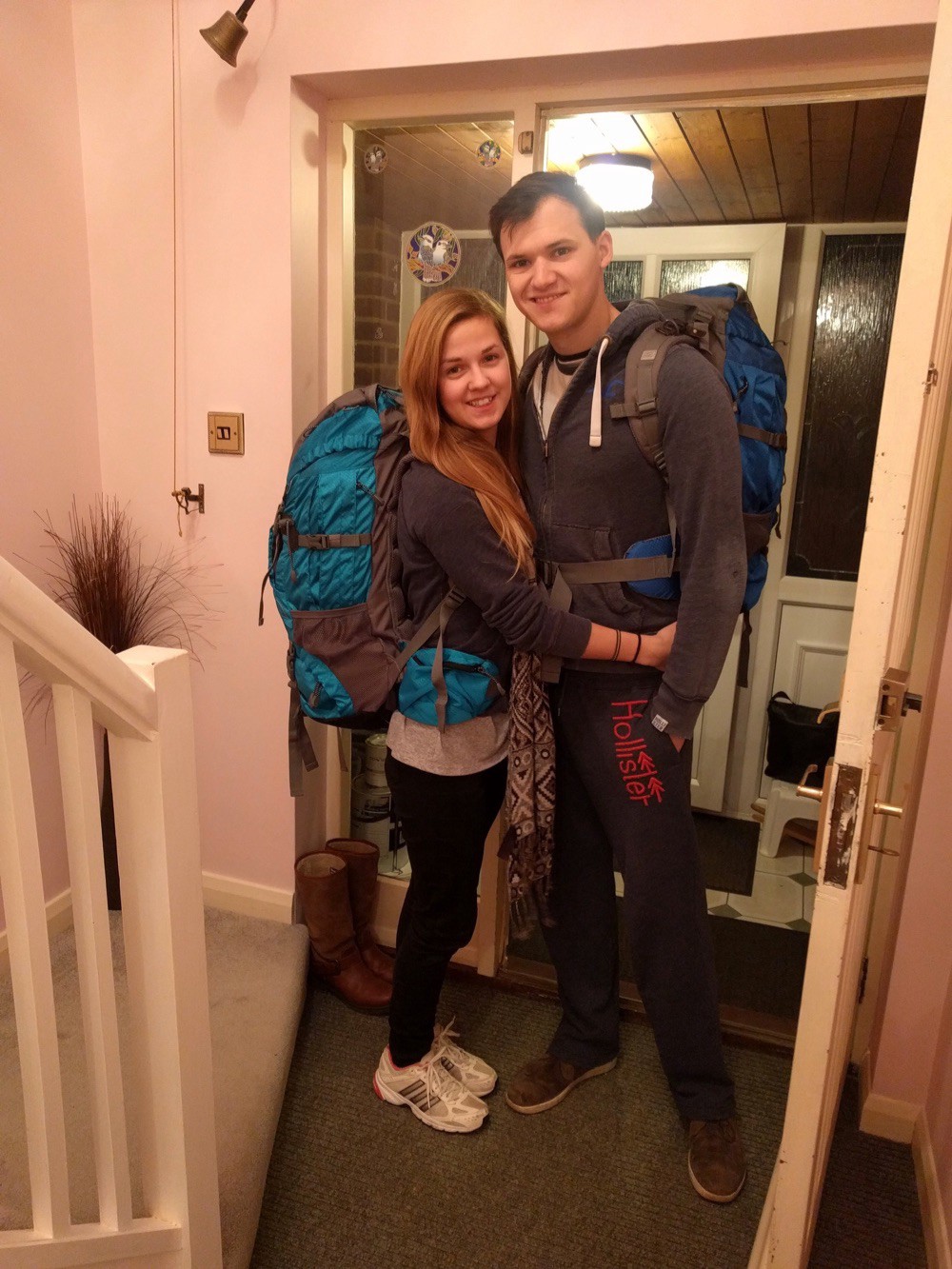 Our journey so far has comprised of one year in South East Asia, five months in Australia and New Zealand, two months in Berlin, two months in the UK, and one month in Eastern Europe. Now we’re working our way through South America, having explored Argentina, Chile, and Bolivia. At the time of writing we’re actually on a bus to Peru, trying to type while bouncing around on the terrible roads out here!
Our journey so far has comprised of one year in South East Asia, five months in Australia and New Zealand, two months in Berlin, two months in the UK, and one month in Eastern Europe. Now we’re working our way through South America, having explored Argentina, Chile, and Bolivia. At the time of writing we’re actually on a bus to Peru, trying to type while bouncing around on the terrible roads out here!
 Working remotely is no longer just a dream. If you can afford a decent laptop and access to the internet, combine it with solid work skills and that gives you a pretty good chance to find a remote job. Professionals in many industries including entrepreneurs, marketers, writers and of course software engineers have already chosen this route.
Working remotely is no longer just a dream. If you can afford a decent laptop and access to the internet, combine it with solid work skills and that gives you a pretty good chance to find a remote job. Professionals in many industries including entrepreneurs, marketers, writers and of course software engineers have already chosen this route.
 Due to various technological developments, it is now easier than ever to earn money online. Known as the gig economy, there is a massive free-market system for independent workers looking to earn an extra buck. Monetizing one's expertise can remain a challenge, however.
Due to various technological developments, it is now easier than ever to earn money online. Known as the gig economy, there is a massive free-market system for independent workers looking to earn an extra buck. Monetizing one's expertise can remain a challenge, however.
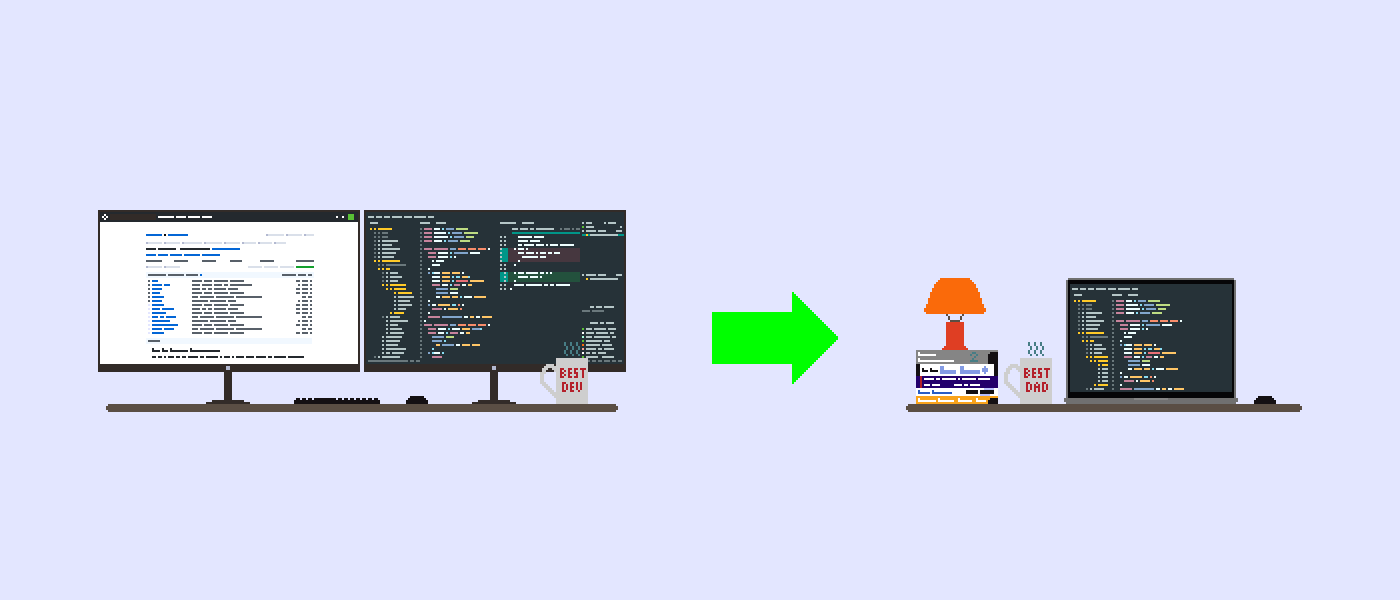 Companies transitioning to the work-from-home model became the recurring theme of the last month. I've spent more than half of the previous decade working in remote teams and have seen quite a few transitioning from the office to full-remote processes. Actively advocating remote work to everyone I know, I feel having to put a few cents into the tip jar.
Companies transitioning to the work-from-home model became the recurring theme of the last month. I've spent more than half of the previous decade working in remote teams and have seen quite a few transitioning from the office to full-remote processes. Actively advocating remote work to everyone I know, I feel having to put a few cents into the tip jar.
 Offsites are a big part of remote teams. They allow everyone to socialize, connect more deeply with coworkers, and help build shared experiences and empathy. Even if video calls are a great tool to share information, they can be tiring. It's too easy to miss non-verbal cues. Chance encounters over coffee never happen, and we don’t always experience the same personal connections that come from small-talk. That’s the downside of remote work, and that's why meeting a few times a year is a great way to fill the gap!
Offsites are a big part of remote teams. They allow everyone to socialize, connect more deeply with coworkers, and help build shared experiences and empathy. Even if video calls are a great tool to share information, they can be tiring. It's too easy to miss non-verbal cues. Chance encounters over coffee never happen, and we don’t always experience the same personal connections that come from small-talk. That’s the downside of remote work, and that's why meeting a few times a year is a great way to fill the gap!
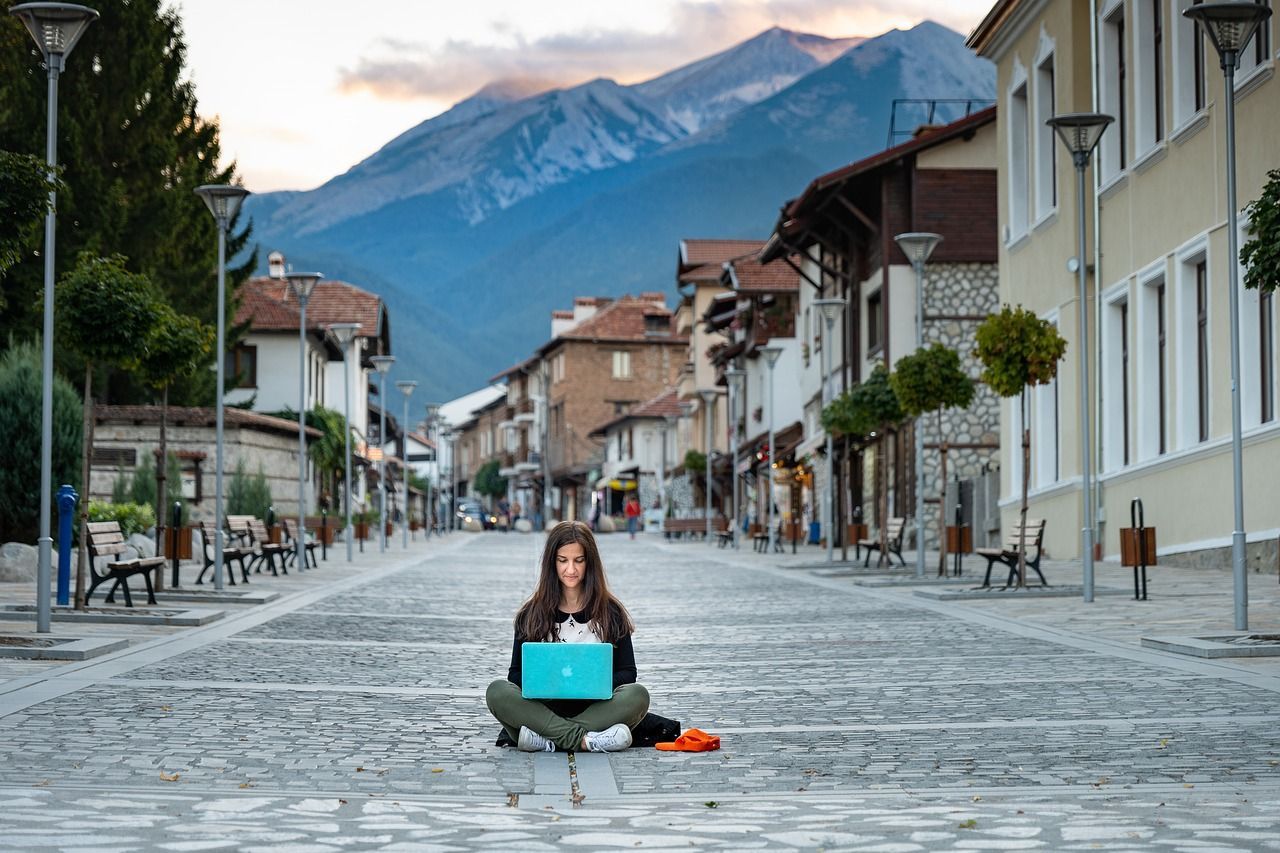 In this slogging thread, our community discusses Zeitler's initiative, Coworking Bansko, and nomadic working.
In this slogging thread, our community discusses Zeitler's initiative, Coworking Bansko, and nomadic working.








